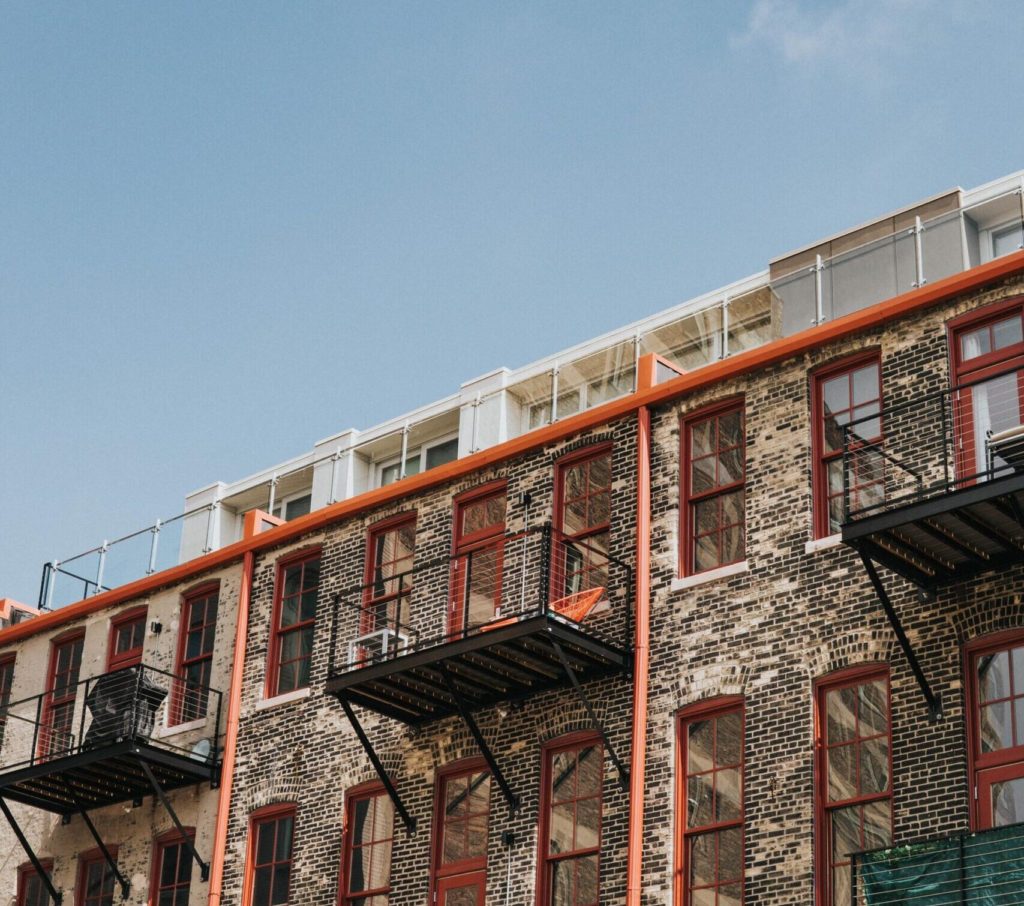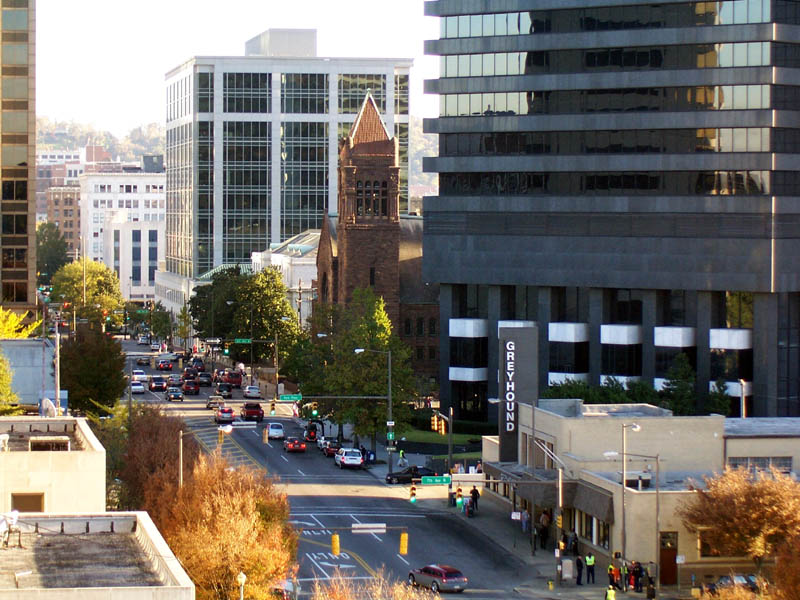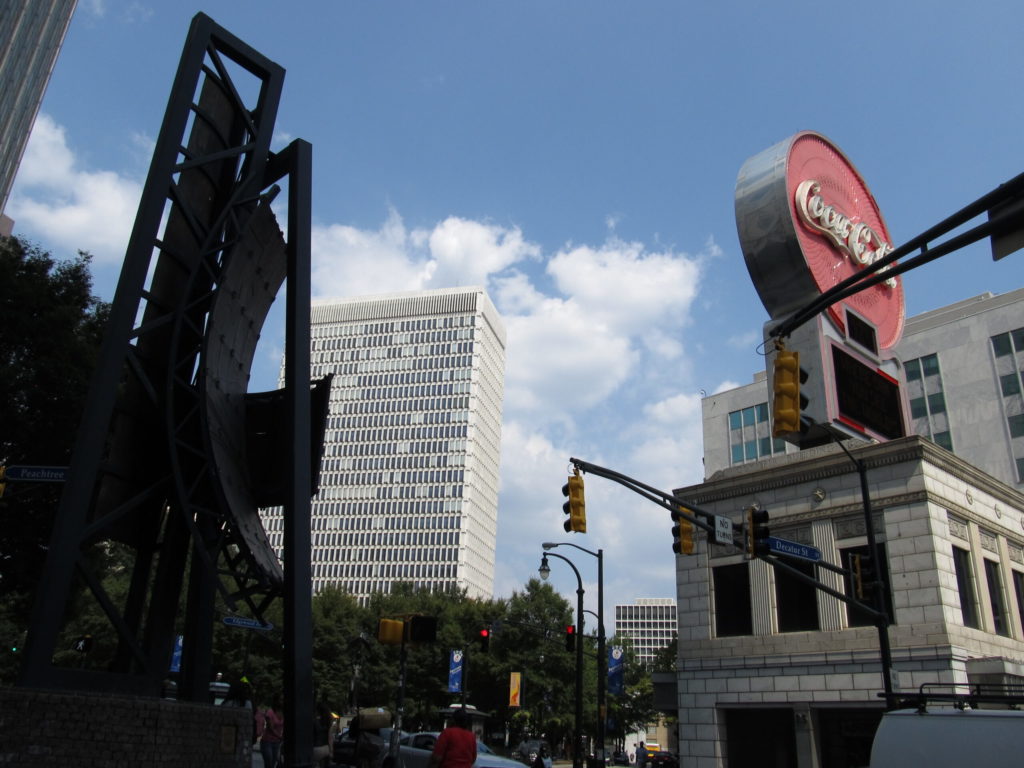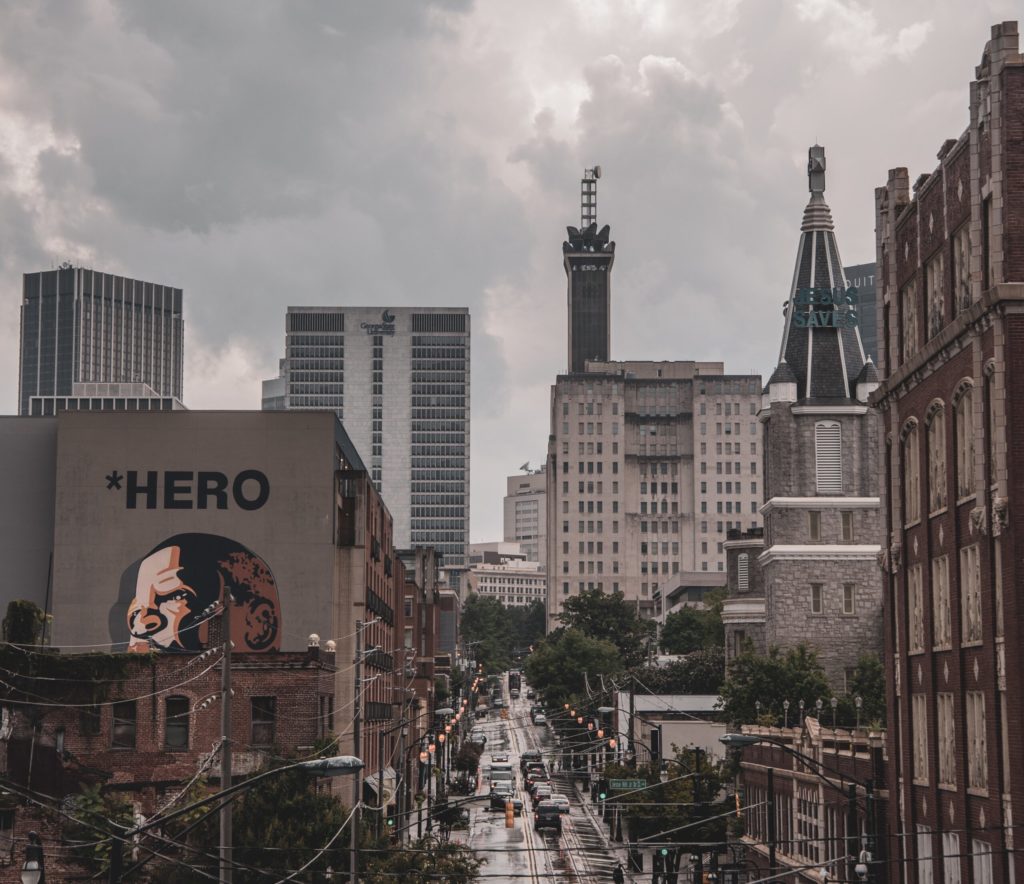
Expanding Pathways into High-Quality Jobs by Aligning Workforce Investments
In the Bay Area, COVID-19 has dealt a harsher economic blow to the region than initially estimated. Nearly 5,000 jobs were lost in January 2021 alone. In the City of Oakland, the unemployment rate has spiked to 9.6%, after having been at its lowest rate in decades before the pandemic... Read more

Building a Sustainable Center to Support the Reimagining of Travis County’s Criminal Justice System
Across the U.S., police departments have become the front line of mental health treatment, and jails and prisons are the primary caretakers. The Travis County Jail is one of the largest mental health providers in the county, with around 34% of the jail’s roughly 1,434 inmates having a mental health... Read more

Increasing Access to Employment Opportunities for Every Milwaukeean
In Milwaukee, more than 17 percent of Black residents are unemployed, compared to more than 4 percent of white residents. A key to closing this widening economic gap is giving individuals more workforce development opportunities and access to job prospects. Employ Milwaukee, the local workforce development board serving Milwaukee County,... Read more

Bolstering Homeownership to Build Neighborhood Resilience
Like many U.S. cities, Milwaukee is dealing with an affordable housing crisis, with many residents often spending 50 to 80 percent of their income on rent or mortgage payments and homeownership rates dropping by nearly 14% over the last decade. Black residents in Milwaukee are especially strained, with 40% of... Read more

Increasing College Affordability to Ensure More Equitable Opportunities
Students in Birmingham often face a tough path to college and career. While roughly 80 percent of students graduate annually from Birmingham City Schools (BCS), many are experiencing poverty, and only 50 percent advance to post-secondary institutions. In response, the mayor has pledged that any BCS student who graduates will... Read more

Working to Reduce Racial Health Inequities
Birmingham recognizes that social determinants of health — including the built environment of neighborhoods, such as environmental hazards, access to green space, walkability, and more — are major factors in health inequities across the city. To address this, the Department of Planning, Engineering, and Permits developed a Health Community Assessment... Read more

Small Business Supports to Build Wealth in Atlanta’s Black and Brown Communities
In Atlanta, Black and historically underserved communities located south and west of the city have been economically stagnant despite growth in other parts of the city. The economic recession resulting from COVID-19 poses an additional threat to these communities, leaving them susceptible to even larger outcome gaps. Specifically, the pandemic... Read more

Addressing Health Inequities Related to Virus Prevention and Treatment
Atlanta is navigating a dual-pandemic, with city leaders focused on combating the spread of COVID-19 while also battling the continued spread of HIV/AIDS in pockets of communities. The HIV/AIDs pandemic has infected one out of every 51 Atlanta residents, and of those infected, 66 percent are Black. The COVID-19 health... Read more

Investing in Food Ecosystem to Provide New Pathways to Employment
In Houston, an estimated 725,000 people are food insecure, 500,000 of whom are living in federally designated districts where the closest supermarket is more than a mile away. These districts are found predominantly in the city’s historically underinvested communities, neighborhoods in which economic inequity has endured for generations. Exacerbating these... Read more

Expanding Digital Access to Increase Educational Outcomes
While access to wifi and high-speed internet are often taken for granted, in Houston, more than 142,500 households do not have a computer, and over 267,000 households lack broadband internet access. These communities are often historically underinvested and present significant hurdles for residents, preventing them from harnessing the power of... Read more
